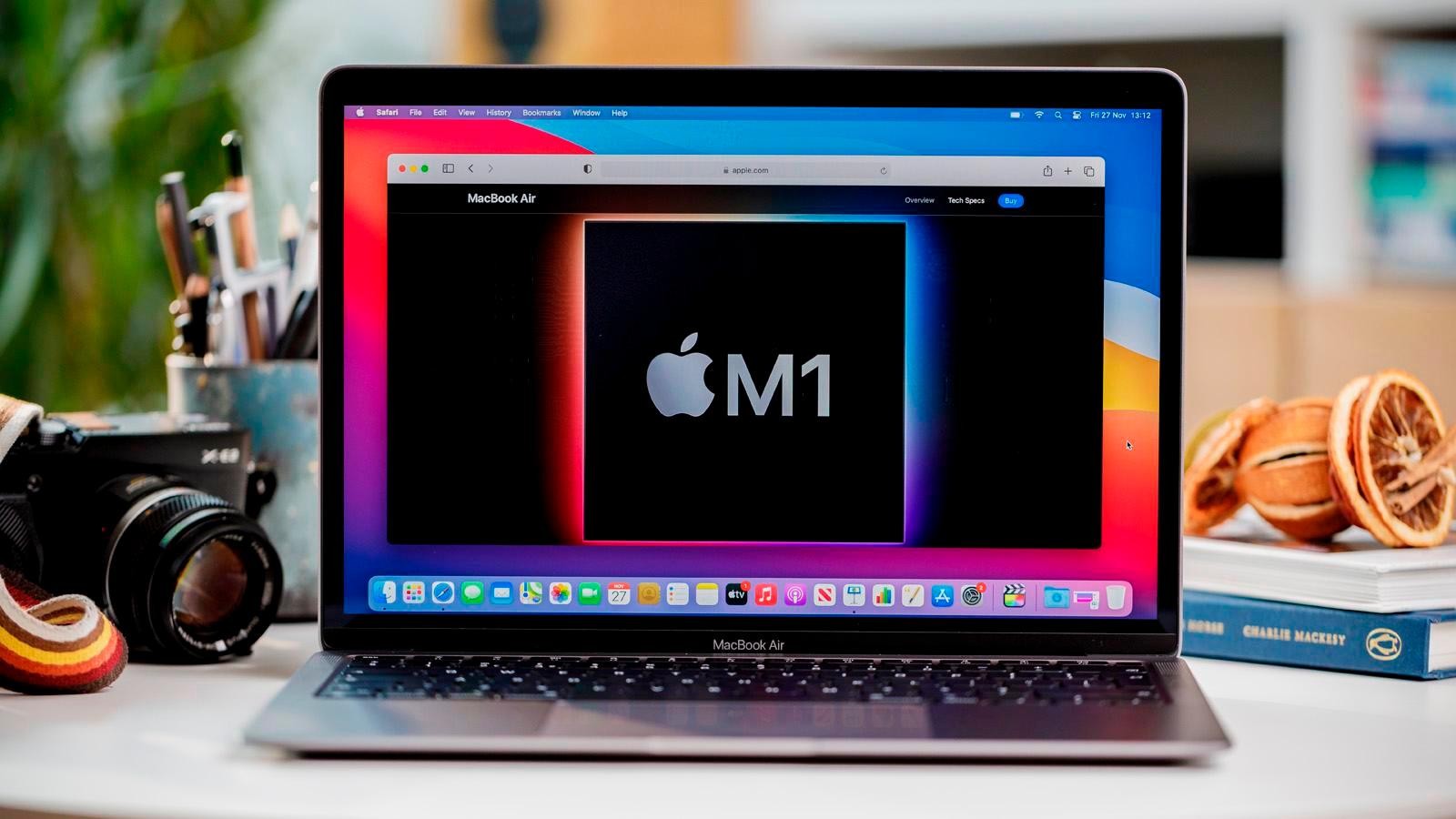Back at WWDC 2020, Apple announced that it was going to make its own Mac processors, and the first question that popped up in everyone’s head was, “When will they be released?” However, to many users, the second question that popped up was more important: “How much longer will Apple support the Intel Mac I’m using right now?”
Apple will soon start its third generation of its M-series chips for the Mac, so users are starting to ask that second question more frequently. Over at Ars Technica, Andrew Cunningham has done extensive research to figure out when , and it may be sooner than you think.
Starting with the original iMac that was released in 1998, Cunningham tracked when each Mac model was released, when it was discontinued, how long those Macs continued to be supported by macOS, and how long Apple continued to issue security updates. With the data collected, Cunningham calculated how long Apple provides macOS support, which can give an idea of when Apple may stop supporting Intel Macs.
Based on the data, a Mac receives about 6.6 years on average of macOS updates with new features and another two years of security-only updates. However, that average has shortened in recent history; it used to be more than 7 years. So if you bought one of the last Intel-based MacBook Pros in 2020, it may stop getting macOS updates in three years, and security updates in five years.
And Apple may be accelerating that timeline now that the Apple silicon transition is completed. With macOS Sonoma, Apple’s compatibility list cuts off at the 2018 MacBook Pro, MacBook Air, and Mac mini, Intel-based machines that are only five years old. With macOS next year, Apple will likely bump that cutoff list up at least a year, meaning some Intel Macs sold right before the Apple silicon transition began might lose support. So, if you have an Intel Mac, either its time has already run out or is running out. See: How long do MacBooks last.
Cunningham points out that Apple is extremely motivated to move beyond Intel CPUs are soon as possible, not just so it can sell more Macs. Maintaining Intel code in macOS takes a lot of work and those are resources Apple prefers to allocate elsewhere. Eliminating Intel code from macOS makes the software more efficient. But also, the Intel chips that are in use are also reaching Intel’s own “End of Servicing Lifetime” and Intel itself will no longer provide support and updates.
Keep in mind that when Apple ends support for a Mac, it doesn’t mean you can’t use that Mac anymore. What it means is that Mac won’t be able to install the latest version of macOS, so you won’t be able to get the new features. Apple will also stop issuing security updates, so your Mac may be vulnerable to future exploits. If you bring this older Mac to an Apple Store, you may not be able to get help.

Apple still sells an M1 MacBook Air, but that doesn’t necessarily mean that Apple will extend its support cycle.
Foundry
Support for M-series Macs
Cunningham’s report addresses an interesting question: How long will Apple support its M-series Macs? On average, Macs get updates for about 5.5 years after Apple stops selling them, so with the M1 MacBook Pro and Mac mini, it looks like Apple could support it until 2027.
Cunningham points out that we’re not really going to know what Apple will do until 2026 or 2027 since the company has not made any formal announcements regarding macOS support and its M-series chips. Cunningham’s data shows that even though Apple may sell a model for longer than usual, it doesn’t necessarily get software updates for longer. Apple still sells the M1 in the $999 13-inch MacBook Air and if you consider Apple’s support pattern, this laptop ends up being a worse deal than its price, performance, and features indicate.
It’s possible, though, that Apple could extend the period of macOS support for its M-series chips. It all depends on what technologies are implemented in the chips, and how much future versions of macOS are dependent on that tech.
Wondering what processor, memory, and other specifications are on your Mac? We have a guide on how to check the specs of your Mac.